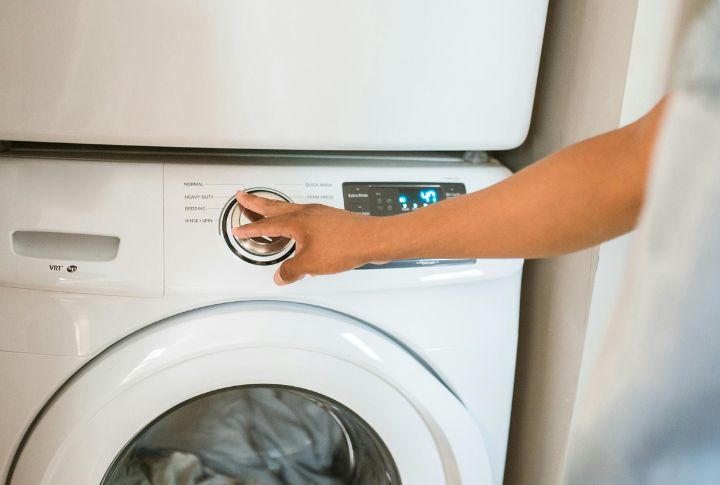
Your bed is where you unwind, restore energy, and spend a major part of your life—so keeping it fresh matters. Many people clean their bedding far less often than recommended, affecting both comfort and cleanliness. Want to create a healthier, more inviting sleep setup? Here’s where to start.
Sweat Means Faster Washing
If you sweat heavily while sleeping, your bedding can become a hotspot for bacteria and mites. Cleaning every 3–4 days helps prevent microbial overgrowth and unpleasant odors. Even after a shower, your body can release significant moisture overnight, which can contribute to lingering smells if sheets aren’t washed promptly.
Sensitive Skin Needs Frequency
For sensitive skin, bedding cleanliness matters more than most people realize. Skin cells collect quickly and create the perfect space for irritation to grow. Washing sheets every three days helps keep the surface gentler and far less likely to trigger flare-ups overnight.
Pets Raise The Stakes
Your pet tracks in dirt that turns your bed into a microbial hotspot. Wash sheets every 3-4 days to keep allergens and irritation at bay. Don’t forget blankets and duvets—they’re hosting the same microscopic party.
Pillowcases Need Rapid Rotation
Pillowcases quickly collect whatever your skin and hair leave behind, making them the fastest-dirtying part of the bed. Washing them every two to three days keeps the fabric fresher, supports calmer skin, and helps protect sensitive sleepers from irritation nightly.
Extra Washes In Humidity

Humidity turns your sheets into a breeding ground for mold and dust mites. If you’re in a muggy climate, clean bedding every four days to keep allergens at bay. Pair this with allergen-proof covers and regular mattress airing for the cleanest sleep.
Post-Illness Requires Immediate Cleaning
After being sick, your sheets are harboring microbes that can make you ill again. Clean them immediately, even if they seem fine. Keep up a three to four-day cycle following recovery. This small habit makes a big difference in staying healthy.
More Washing If Using Skincare Products
Nighttime lotions, oils, and serums can transfer onto pillowcases and sheets, thereby creating a nutrient-rich environment for bacteria and yeast. Frequent washing every 2–3 days helps prevent breakouts and fungal growth, supporting your skin to be calm and healthy while also maintaining a fresher, cleaner sleep surface.
Stale Air Needs Extra Cleaning
Stale indoor air traps humidity and dust right in your bedding. Launder at an interval of three to four days to prevent mold, mildew, and allergen buildup. Fresh sheets mean a healthier sleep space and fewer unwanted microbial guests taking up residence.
Guests Mean A Fresh Reset
Even a single overnight guest leaves behind sweat, skin cells, and new bacteria. Washing the bedding right after they leave prevents odors and keeps your sleep environment hygienic and safe for everyone in your household.
Little Kids Require Daily Care
Young children bring drool and increased skin cell shedding into bed. This combination fuels bacteria and mold growth fast. Daily or every-other-day cleaning protects both child and adult sleepers while maintaining a fresh, hygienic environment for everyone.

